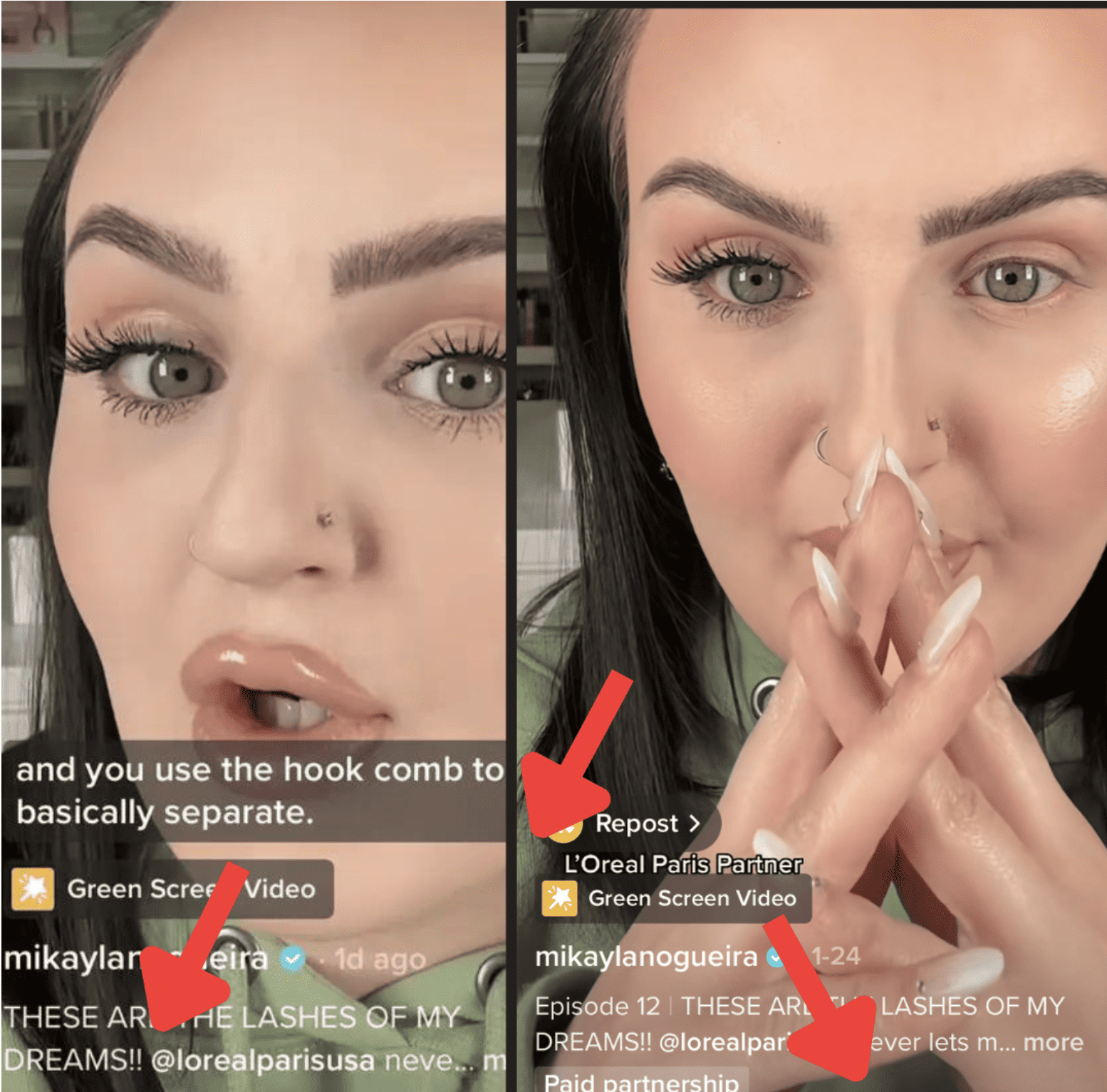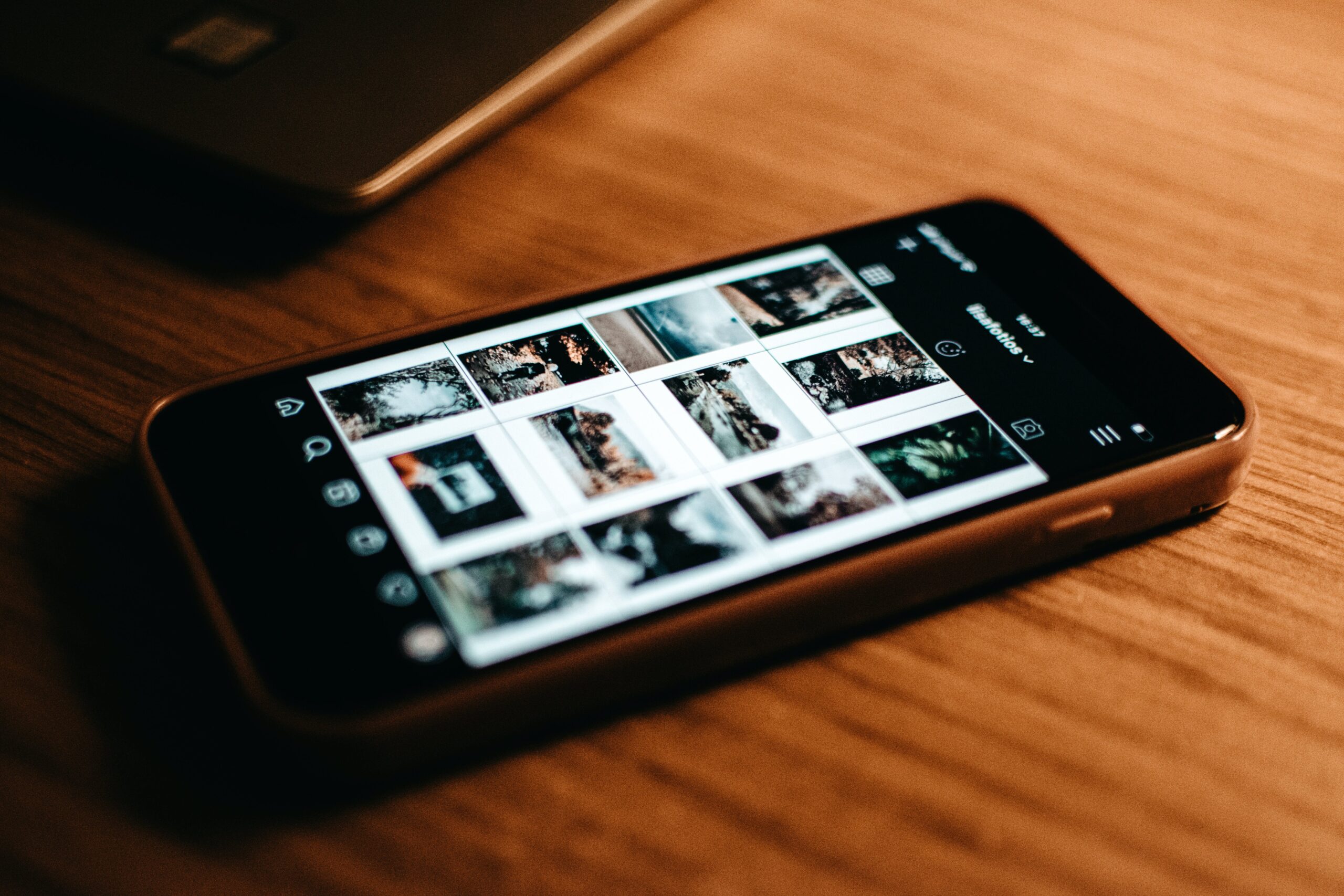Gen Z has never been known to be silent about their anti-consumerism and their skepticism about traditional advertising.
As the first first generation having grown up and come of age entirely with social media and the internet, online shopping is a norm instead of a novelty. This is, in part, why influencer marketing is effective.
And while the influencer industry is worth multi-billions of dollars, TikTok has now become inundated with “deinfluencers,” challenging the status quo when it comes to popular brands and products.
In marketing circles, a popular cry is that this trend poses a significant threat to the digital marketing industry and the strategies of retailers and brands.
But does it, really?
De-Influencing: What is It?
The term “deinfluencer” emerged at the beginning of 2023 with the “hashtag #deinfluencing,” created by social media influencers who either discourage their viewers from buying something or criticize popular favorite brands or products.
Deinfluencing has become a ubiquitous new TikTok trend, with creators persuading their audience on what not to purchase and what doesn’t work as well as advertised–or not at all.
Which, for content creators, is a way to boost their credibility and establish trust with their followers, while other influencers rapidly lose trust via paid partnerships.
And it all started with #MascaraGate.
MascaraGate Explained
On Jan 24, 2023 Boston-based beauty influencer Mikayla Nogueira posted a video praising L’Oréal’s Telescopic Lift mascara, stating “This literally just changed my life. This looks like false lashes.”
Her followers, used to the Influencer’s use of false lashes in other posts, accused her of using falsies at the end of her video to over exaggerate the effectiveness of the product.
If the allegations are true, the influencer’s post would have been –at the least– unscrupulous. But, this alleged scandal, like beauty, this story goes more than skin deep.
Mikayla’s post was a paid partnership with L’Oreal. And it wasn’t properly disclosed. In fact, the original video, while it had “L’Oréal Paris Partner” displayed in ultra-small text between the “Green Screen Video” effect and the captions, the disclosure only appears for a maximum of 2 seconds, and the “Paid Partnership” toggle wasn’t switched on.
As of today, the “Paid Partnership” label has now been made clear.
Below is an image that shows the original video without the Paid Partnership disclosure toggled on and the updated video fully disclosing the paid partnership. The video on the right illustrates the position of the L’Oréal Paris Partner text.

This controversy sparked conversations among Gen Z social media users, who have historically looked to influencers before making purchasing decisions, as to this generation, influencers are seen as more trustworthy than brands themselves.
Mikayla Nogueira tarnished influencer culture, primarily skincare and beauty products and thus began the rise of the new trend of “deinfluencing” with creators telling people what not to buy–and that include not buying into the hype.
So, what happens when #TikTokMadeMeBuyIt turns into #TikTokMadeMeNotBuyIt?
Ethical Influencer Marketing is Going to Win
With the development of the deinfluencing trend, the brands that rely on influencers are going to need to ensure that the influencers themselves are held to the highest standards. This means genuine, trusted influencers that place more value on the trustworthiness of their audience over the value of their sponsorships.
For the brands with core values of quality, integrity, and transparency, deinfluencers are a definite win.
And for influencer marketers, this means it’s time to step up the game.
How De-Influencing Will Effect Influencer Marketing: Predictions
While we can’t predict whether or not deinfluencers will mark a permanent shift in digital marketing and consumerism, deinfluencing does represent a growing trend among consumers who are becoming more skeptical of traditional marketing tactics and seeking out more honest recommendations.
Here’s what we can likely expect over the next 12 months in the influencer marketing space:
Intangible Metrics Will Matter More
Deinfluencers are often seen as more trustworthy than traditional influencers, as they are not being paid to promote a product or service. Instead, they are sharing their honest opinions and experiences, which can be seen as more credible and reliable.
For influencer marketing campaigns, this will mean a shift in strategy. Sourcing influencers just based on follower count, community engagement, and reach alone will no longer be a gauge of influence. Intangible metrics such as credibility, authenticity, and integrity are going to become increasingly important.
More Reliance on Influencer Marketing Agencies
Influencer marketing companies that have been in the game since the inception of the industry already understand the weight of sourcing high-authority influencers.
But, for big brands launching Influencer marketing campaigns on their own now carries more liability than viability. Over the next twelve months, we predict a big shift from in-house influencer campaigns to relying on specialized agencies.
A Larger Focus on Transparency
There are already laws in place to protect consumers from unscrupulous marketing in advertising when it comes to influencer marketing campaigns. But, with the massive faux pas in #MascaraGate, the importance of working with influencers who understand the legalities of paid sponsorship disclosures has come to the forefront.
An influencer marketing campaign that hasn’t been orchestrated without compliance in mind has the potential to be a complete disaster and result in long-term ramifications for both the brand and the influencer. Not to mention the credibility of the campaign at hand.
In the future, we’re going to see even more prominent disclosures on influencer marketing campaigns to ensure that the audience knows that they aren’t being duped.
De-Influencers Will Monetize
Right now, most de-influencers are building their trust and credibility with their audiences through their honest reviews, but at the end of the day, deinfluencers are still Influencers, by definition.
As de-influencers build their reputations and communities, there is an opportunity for these creators to monetize.
In the coming months, it’s likely that brands will partner with de-influencers to give honest reviews of their products–which circles back to brands that have built their own reputations around quality, integrity, and transparency winning the long game.
De-Influencing Will Push Great Brands into the Limelight
Those who have worked to build sustainable brands are going to see the trend of de-influencing work in their favor.
While de-influencers create viral videos about overpriced products that only sell because their customers are blinded by flashy advertising, these same creators will guide their communities towards products that actually work.
For ethical brands and companies with a conscience, the de-influencer trend is going to help reap what they’ve spent years sowing.
HireInfluence: High-Performance Influencer Marketing Campaigns for Top-Rated Brands
Since the inception of influencer marketing, HireInfluence has been at the forefront of the industry. With the shifting dynamics of digital marketing, leveraging social media and digital creators the right way can take your brand to new heights.
If you’re a brand that believes in marketing campaigns with the highest standards, we’d love to speak with you. Contact a member of our team today to discover if there’s any synergy.
Frequently Asked Questions About the Deinfluencing Trend
Answers to some of the common questions about de-influencing and defluencers below:
Does Deinfluencing Mean the End of Influencer Marketing?
No. Quite the opposite. De-influencing will only affect brands that have produced products, services, or experiences that are lower in quality as compared to their competitors, or provide poor customer experiences.
There is, of course, the chance that a single de-influencer could “de-influence” their followers even if the opinion is unpopular, but it is more likely brands that have a pattern of low-quality will see a negative impact across the board.
Are De-Influencers Actually Influencers?
By definition, de-influencers are influencers, as they share experiences with their audiences and compel them to take an action (or an inaction). By providing excellent customer experiences, brands can expect that de-influencers will recommend their products over that of competitors.
Is an Anti-Influencer and a De-Influencer the Same Thing?
No, an anti-influencer and a de-influencer are not the same thing, although they are related concepts.
An anti-influencer is a person who actively goes against the norms of social media and popular culture, often by posting content that deliberately challenges mainstream trends and values.
On the other hand, a de-influencer is a person who seeks to reduce the influence of social media on society. They might do this by raising awareness of the negative effects of social media or encouraging their followers to consume media, products, or services in a more critical and discerning way.
While both anti-influencers and de-influencers might be critical of social media and popular culture, the key difference is that anti-influencers focus on their personal image and behavior, while de-influencers focus on wider societal issues.
If you have more questions about deinfluencing, the impact of deinfuluencing on influencer marketing campaigns, or would like to learn more about how your brand can leverage influencers the right way, contact a member of the HireInfluence team today.



